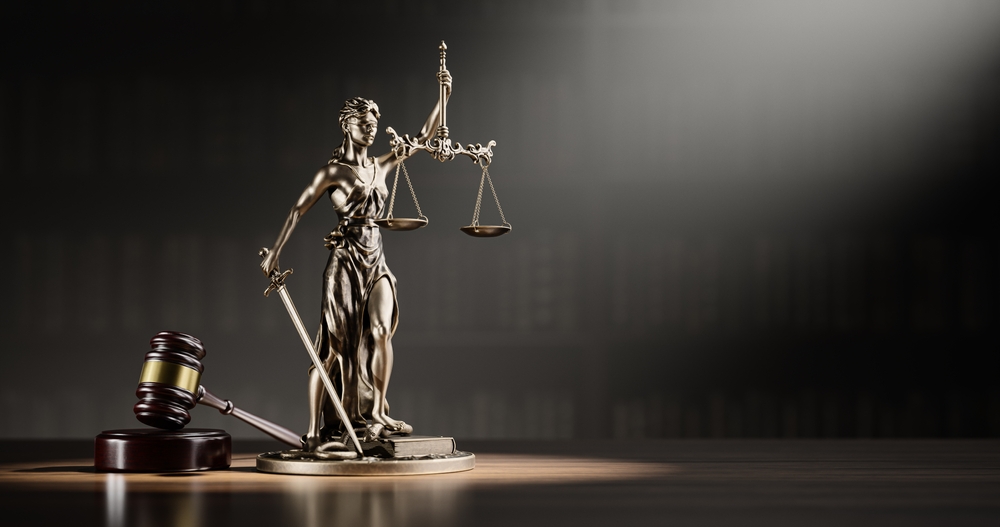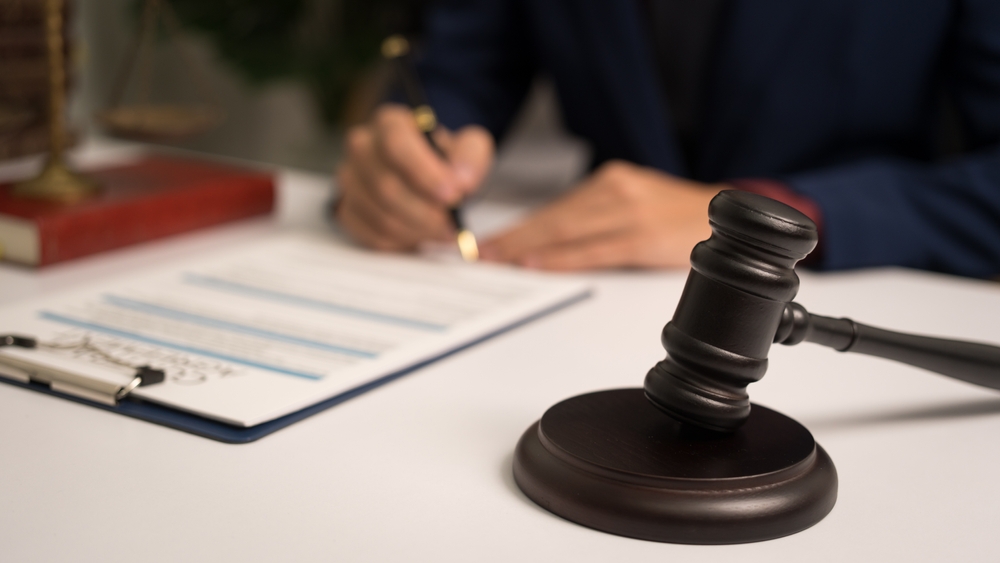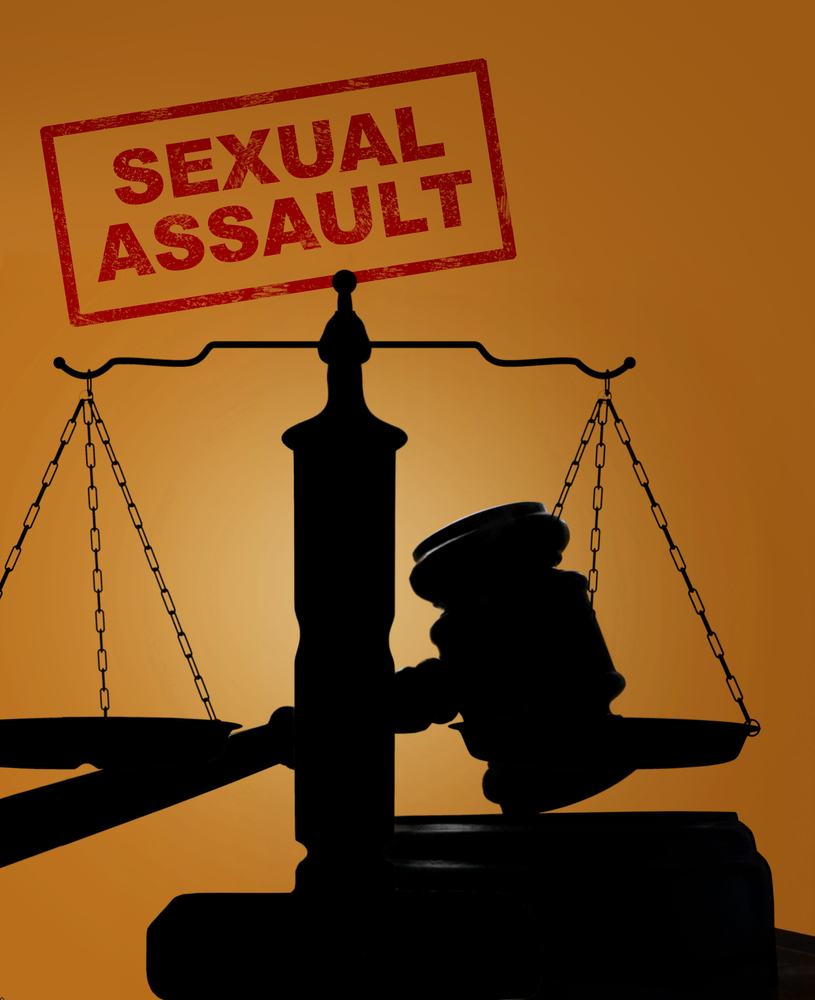The criminal appeals process is an important part of protecting your legal rights and giving individuals the ability to challenge their conviction or sentence if they feel that the law was not upheld and the verdict was reached unfairly.
Criminal appeals can be a beacon of hope for those convicted of a crime, but they are not without their share of challenges. The process is intricate, full of potential obstacles, and extremely time-sensitive. Partnering with an experience criminal lawyer is essential to creating a successful case for appeal and navigating the many complexities that come with the process. Below, we’ll explore common factors that can complicate the appeals process, and how a skilled defence lawyer can help protect you when it matters most.
Factors that Complicate Criminal Appeals
Short Timeframes and Procedural Deadlines
Timing is one of the biggest challenges that come with filing a criminal appeal. In Canada, most criminal appeals typically must be filed within 30 days of your sentencing. Missing this deadline can forfeit your right to appeal unless you are able to prove that there are exceptional circumstances present that prevent you from doing so.
This means that you must work as quickly as possible to file your appeal, however it is equally important to make sure all paperwork is filed properly. Incomplete or incorrectly drafted notices of appeal can delay proceedings, or even lead to a complete dismissal.
Working with an experienced criminal lawyer is essential to ensuring you are able to move at the speed, and accuracy necessary for a successful appeal.
Identifying Grounds for Appeal
Appeals are not intended to provide an opportunity to re-argue the original case or introduce new evidence, though the introduction of new evidence may be allowed in certain situations. Instead, the primary focus of appeals is on rectifying legal errors, procedural violations, or issues of fairness that occurred during the trial. In order to be considered a valid appeal, your lawyer must present valid grounds, such as:
- Judicial errors (i.e. misinterpreting laws or admitting inadmissible evidence)
- Ineffective assistance of trial counsel
- Procedural irregularities that resulted in an unfair trial
At Vayeghan Litigation, our legal mastery allows us to meticulous review each case to find all applicable grounds for an appeal and frame them persuasively for the appellate court.
The Complexity of Legal Standards
While appeals are intended to govern convictions and make sure justice is upheld to the highest extent of the law, that does not mean they are easy to receive. Criminal appeals are governed by stringent legal standards, such as the “standard of review” applied by appellate courts. There is a high threshold for any reported error, and the standards in place demand extremely precise documentation and a compelling argument that can only be crafted with an exceptional understanding of case law. As a former Crown Prosecutor within British Columbia, Mo Vayeghan not only understands Canadian criminal law, he also understands how to systematically highlight weaknesses in the prosecution’s case to strengthen your chances of receiving an appeal.
Limited Scope for New Evidence
As mentioned above, appeals are not typically designed to facilitate the introduction of new evidence, and as such, this is rarely permitted. To be admitted after the fact, new evidence must meet strict criteria, demonstrating it was unavailable during the trial and could have significantly impacted the outcome.
A skilled lawyer knows how to present the value of new evidence, and how to ensure it is considered by the court.
Potential Consequences of an Unsuccessful Appeal
Pursuing an appeal comes with risks; if you are unsuccessful, you not only face the risk of your original conviction being upheld, but it your sentence may even be increased if in certain rare circumstances you are cross-appealed by the prosecution.
How Criminal Lawyers Can Help
Criminal appeals demand a high level of legal understanding and strategic insight that extend well beyond standard trial practice. Experienced lawyers bring the following benefits:
Comprehensive Case Evaluation: Your lawyer will meticulously review trial records and identify the strongest grounds for appeal to frame your case effectively.
Experience in Appellate Advocacy: Appeals require persuasive written submissions (factums) and oral arguments to be successful. In simpler terms, your lawyer must be able to know specifically how to construct an argument for the appellate court.
Strategic Decision-Making: Appeals require a unique blend of strategy and knowledge. Your appeal lawyer will advise on what the best avenues to pursue are to make sure the approach best aligns with your long-term goals.
Procedural Safeguards: The appeal process is extremely technical. To best protect your own interests, it is highly advisable to allow a skilled lawyer to handle all aspects such as drafting notices and filing all applicable documents to avoid procedural issues and mistakes.
Support: Finally, at Vayeghan Litigation, we recognize that appeals aren’t just complex. They are also emotionally draining and daunting for those convicted of a crime in Canada.
With extensive experience at every level of BC’s court system, Mr. Vayeghan is proud to take an aggressive stance when defending his clients and maintains a high level of success in obtaining acquittals, reduced charges, and stays of proceedings from the Crown.
CALL US NOW FOR A FREE CONSULTATION
If you’ve been convicted of a criminal charge in Vancouver, Vayeghan Litigation ensures your voice is heard and your rights are protected.
CONTACT US NOW at 778-653-3995 or email us at law@mvlitigation.com to receive a free initial consultation today.
More questions? View our FAQs here.



